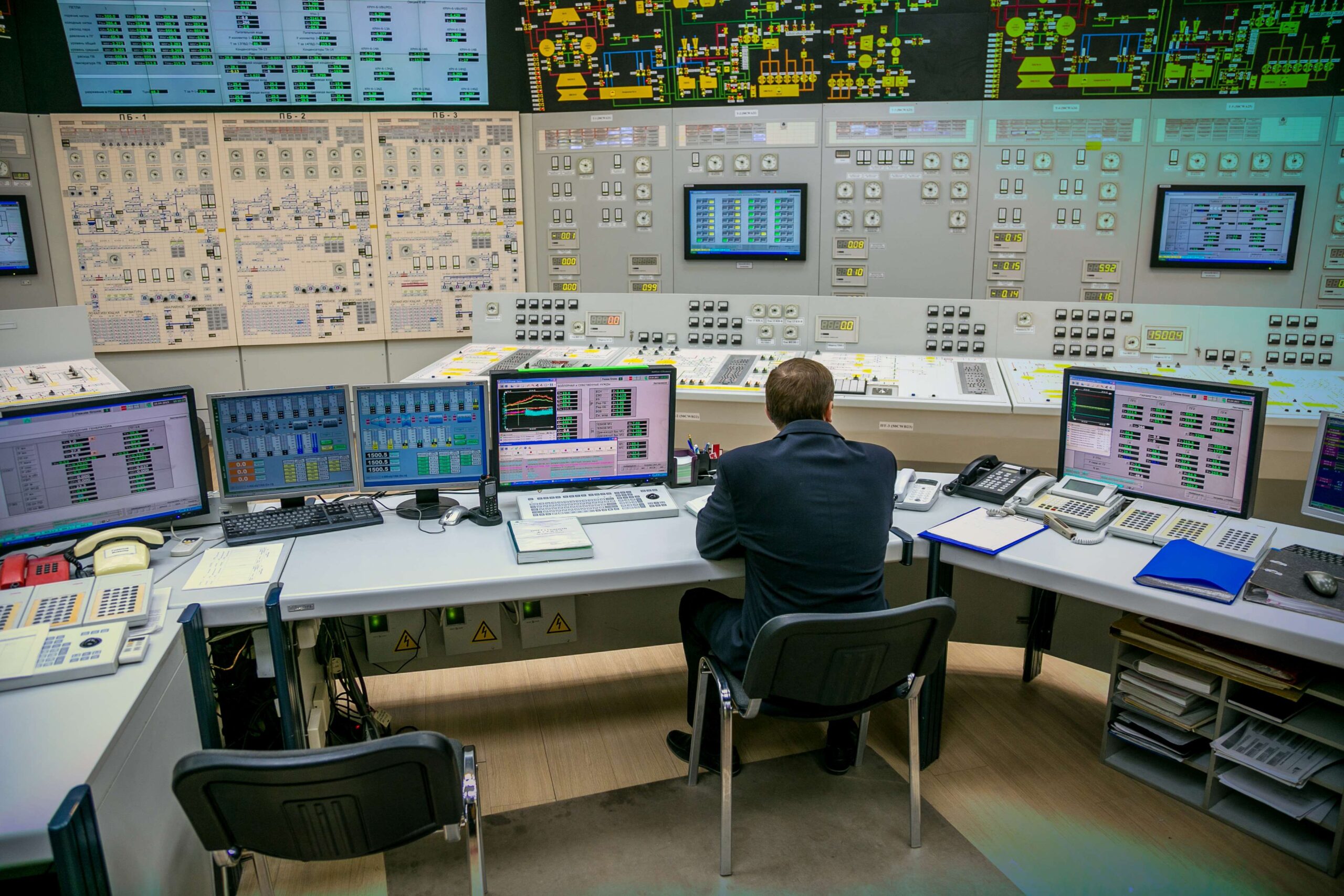When it comes to innovative technology, speed is the name of the game. Integrating new tools and technologies can be simple ways to massively accelerate a company or industry’s growth and progress. For manufacturing, the creation and adoption of tech like artificial intelligence and virtual twins can be revolutionary for maximizing efficiency, reducing costs and maintaining agility in a changing landscape.
Nearly all industries benefit from the pace at which new technologies are developed, and manufacturing is no exception. Some estimates suggest that the annual increase in revenue from digital transformation in manufacturing could grow the industry’s worth by some 20% over the next 5 years. Adopting technologies to enable this transformation can enable companies to stay agile, optimize around the clock and improve efficiency across the board.
How can AI in manufacturing boost efficiency?
Consider a factory floor. It’s outfitted with hundreds, if not thousands, of pieces of machinery, each conducting unique processes at specified intervals to produce components or entire products. In order to keep things running smoothly, each machine needs to be operating at peak performance, all of the time.
Ensuring this manually is time-consuming and the risk of the margin of human error suggests that mistakes may be made or problems missed. But with AI conducting predictive maintenance of machines, the likelihood for mishaps decreases dramatically.
Predictive maintenance can track even the most minute changes in equipment by instantaneously comparing mountains of data from previous events. For businesses, the difference between integrating AI for predictive maintenance or retaining traditional models can be upward of half a billion dollars, according to estimates by McKinsey.
By implementing AI in manufacturing, companies can ensure Overall Equipment Effectiveness (OEE) is consistently optimized. Noting changes in OEE, an AI-integrated system will send an alert for inspection and maintenance. With AI, inconsistencies can be spotted and addressed immediately, reducing downtime and lags in production, as well as costs to manufacturers for repairing and replacing faulty machinery.
How do AI and virtual twins work collaboratively in manufacturing?
On its own, AI can be harnessed as an incredibly powerful tool. Given the lost revenue – and increased costs – that can come with things like manual inspections and lag times, it’s a no-brainer to leverage this type of tech. But when combined with virtual twins, it can become even more powerful.
Dassault Aviation, an aerospace company, was in 2019 awarded a grant from the French government which required them to increase the availability and functionality of their planes. The systems the company had in place to manufacture the aircraft weren’t capable of enabling them to scale on their own, so the solution was to implement technological tools that could make this possible.
The company carries out their design, simulation, modeling and optimization processes with virtual twins of their planes on the 3DEXPERIENCE platform. There, they can explore and experiment with all sorts of variables and understand their effects without the need for physical prototyping.
In tandem, they’re leveraging AI in manufacturing to ensure that the equipment used to create the planes is running as efficiently as possible. It gives maintenance engineers the appropriate insights they need to anticipate potential machinery issues, schedule necessary maintenance and parts replacement processes, and above all, to increase the accuracy and efficiency of their equipment.
Speaking about the use of these integrated technologies to achieve the company’s business goals, Senior Executive Vice President Bruno Chevalier said,“Data is at the core of the ability to transform field operations, engineering, quality and manufacturing processes that impact fleet availability.
“The challenge is about elevating all of this data into a consistent, normalized model, while creating new ways of collaboration to seamlessly connect the multiple organizations involved in delivering the expected availability,” he added.
Without the use of AI in manufacturing, Dassault Aviation would have struggled to meet their newly increased needs. Lost contracts and decreases in revenue would have been at stake without a creative solution. Scaling operations requires efficiency and agility across the board, and the development and deployment of emerging technologies is quite possibly the only way to do so without maximizing costs and reducing time constraints.

How can AI in manufacturing enhance the industry for the better?
At first, machines made manufacturing more efficient; then computing, then automation. Now, artificial intelligence is at the helm of transforming this industry. As businesses are continuously faced with challenges to meet increasing customer demands and produce quality goods consistently and quickly, tools like AI are becoming more than just an asset, but a necessity.
Increasing the role that technology plays in manufacturing processes can help companies run more efficiently. Virtually mapping supply chains out, from resource acquisition to shipping routes and raw material costs, allows businesses to identify potential weaknesses or gaps. AI, virtual twins and other tech tools can keep machines running at pace, ensure flows in processes are maximizing capacity without sacrificing quality and all the while, doing so with agility.
The future of manufacturing is technology
At February’s World Mobile Congress in Barcelona, one of the main focal points of the conference is connected industries, with a particular focus on manufacturing. Industry experts suggest that the “future” of manufacturing – AI and other integrative technologies – has already arrived. Adoption of emerging technologies isn’t just a recommendation – it’s quickly becoming a requirement for success.
Manufacturing is an extremely valuable industry and it stands to benefit greatly by being open to nascent technologies. A willingness to try emerging modes of manufacturing and the tech that makes them possible will continue to be advantageous. There’s plenty at stake here, since manufacturing is such a valuable industry, and one whose products are used everywhere in the world, all the time. Leveraging tech like AI, virtual twins and more can be the difference in a company’s success in this space both in the short- and long-term.

